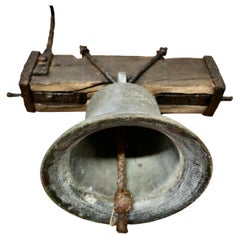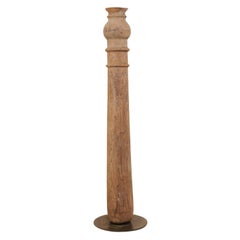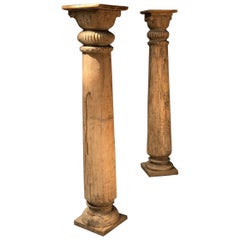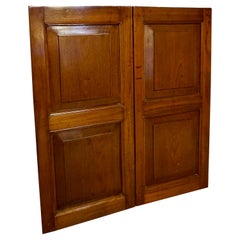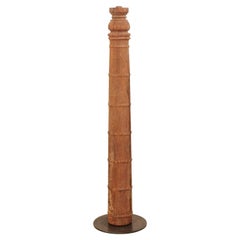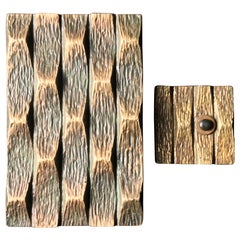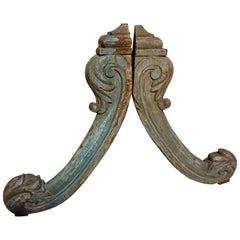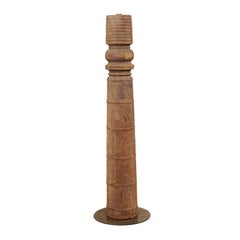British Colonial Architectural Elements
Typically made of mahogany, teak or bamboo and featuring a range of fabrics and prints with botanical patterns, antique British Colonial furniture and decor varies as it involved local materials and techniques and spanned centuries of design styles.
As the British Empire expanded from the 16th to the 20th century, its conquest and control of colonies around the world bolstered its wealth through the extraction of resources. Including colonies in the Americas, Africa, Asia and Australasia, this spread of often violent subjugation imposed British culture, language and faith on Indigenous peoples. The design of homes was included in this expression of imperial power, with government officials, merchants and military officers creating homes mimicking the luxuries they were used to in England.
Local artisans were commissioned to replicate British designs, resulting in versions of Regency, Chippendale, Sheraton and other styles of furniture being crafted from mahogany, rosewood, ebony and teakwood as opposed to beech and oak, which were more common in Europe. Whereas the colonial furniture for the Portuguese and Dutch regularly had motifs of indigenous flora and fauna, the British tended to want more exact reproductions of their home country’s designs.
To escape the summer heat in places such as India and the Caribbean, British colonizers relocated to airy houses in the hills or plantations, leading to foldable chairs and collapsible desks in the style of military campaign furniture. Rather than upholstery as they might have in Europe, chairs and sofas in the British Colonial style had rattan and cane seating for these higher temperature climates. The contrast between the light textiles and the dark colors of the sturdy furniture became a defining aesthetic of British Colonial interiors.
Find a collection of antique British Colonial outdoor furniture, seating, bedroom furniture, decorative objects and other items on 1stDibs.
Late 19th Century Antique British Colonial Architectural Elements
Bronze
19th Century Indian Antique British Colonial Architectural Elements
Iron
18th Century Indian Antique British Colonial Architectural Elements
Fruitwood
Early 1900s British Indian Ocean Territory Antique British Colonial Architectural Elements
Teak
19th Century Indian Antique British Colonial Architectural Elements
Iron
Mid-20th Century European British Colonial Architectural Elements
Brass, Bronze
18th Century Italian Antique British Colonial Architectural Elements
Wood
1960s American Vintage British Colonial Architectural Elements
Lead
Mid-18th Century French Antique British Colonial Architectural Elements
Wood
Late 17th Century Italian Antique British Colonial Architectural Elements
Wood
Early 1900s Italian Antique British Colonial Architectural Elements
Lead
20th Century American British Colonial Architectural Elements
Wood
18th Century French Antique British Colonial Architectural Elements
Wood
18th Century Italian Antique British Colonial Architectural Elements
Pine
Late 19th Century American Antique British Colonial Architectural Elements
Glass, Wood
Mid-20th Century European British Colonial Architectural Elements
Glass, Wood
Early 20th Century British British Colonial Architectural Elements
Bronze
1880s British Indian Ocean Territory Antique British Colonial Architectural Elements
Teak
19th Century Indian Antique British Colonial Architectural Elements
Iron
19th Century Antique British Colonial Architectural Elements
Iron
18th Century Indian Antique British Colonial Architectural Elements
Stone
Mid-20th Century British Colonial Architectural Elements
Early 20th Century Sri Lankan British Colonial Architectural Elements
Mahogany
Mid-20th Century Indian British Colonial Architectural Elements
Stone
Early 20th Century Unknown British Colonial Architectural Elements
Granite, Brass
